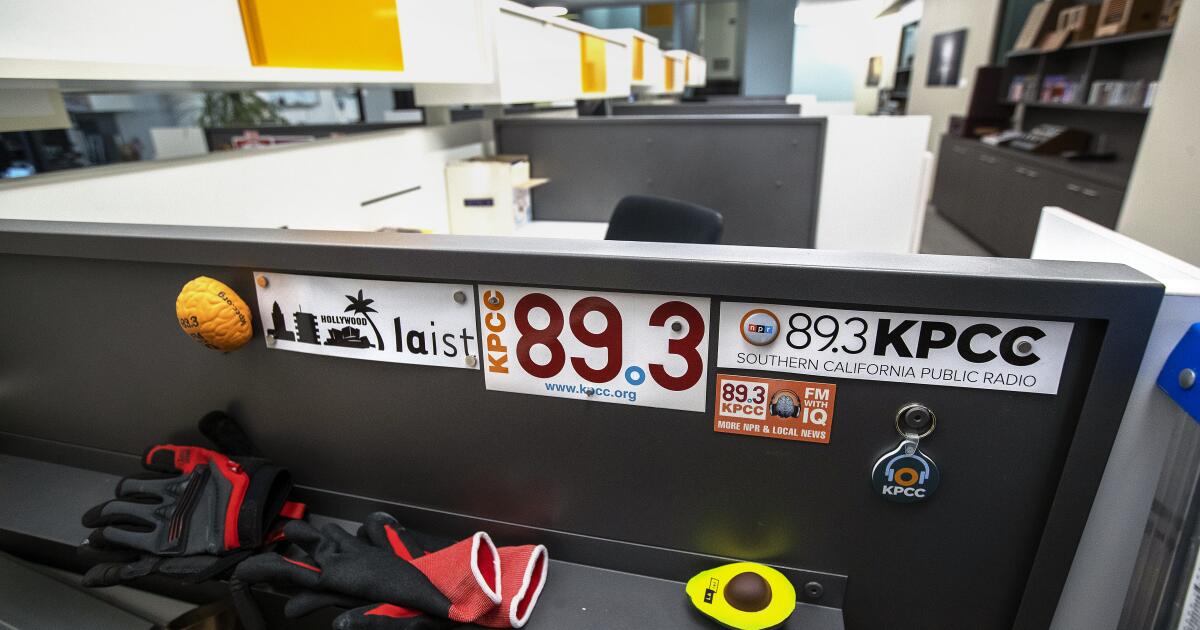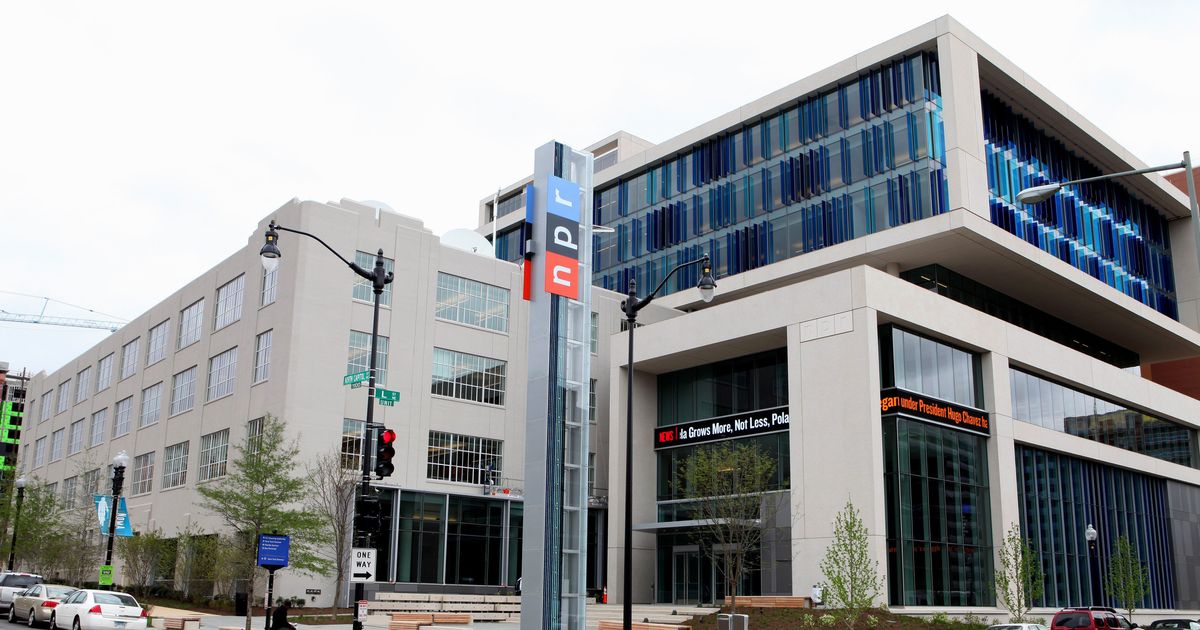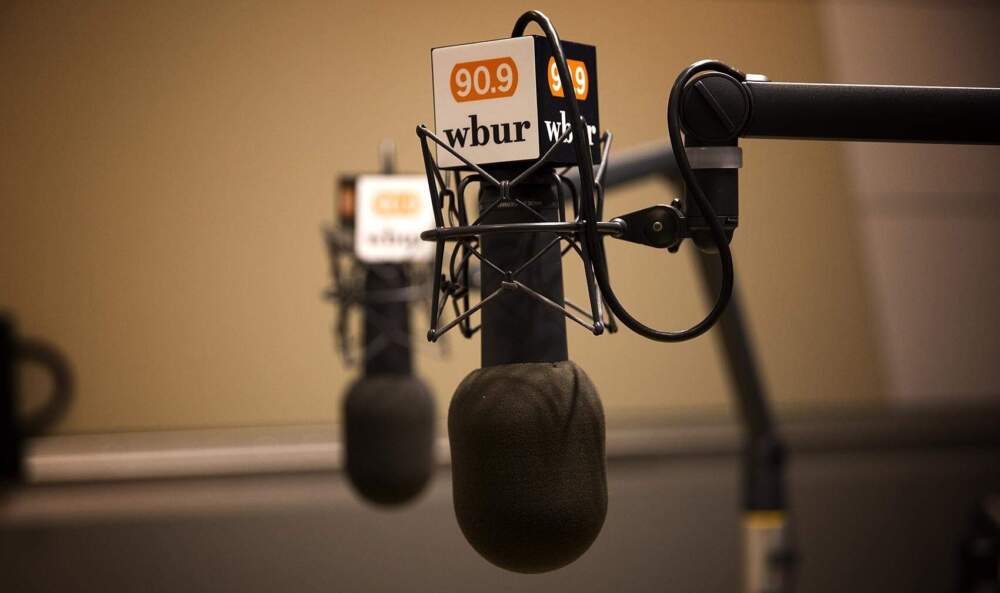I thought that was supposed to be the replacement for This Week in Northern California (see KQED Launches New Show Replacing 'This Week In Northern California' | KQED) but I don't recall ever having seen it.I also mentioned that TV produces next-to-nothing. (Check Please Bay Area counts, but not for much.) I thought they had relaunched their weekly Newsroom program, but I just checked their schedule and even that's not there, so local news/public affairs content appears to be zero.
Honestly, KQED television is an embarassment for a place as culturally...and financially...rich as the Bay Area. One wonders where all that pledge-drive money goes. I had always thought that organization's conscious effort in news and public affairs was focused on KQED-FM. I would listen now and again but I was more of a KCBS listener.
And here's the thing: the Bay Area has a viable, credible all-news radio operation in KCBS. So the need for comprehensive local radio news coverage may not be as urgently felt in the Bay Area as it would be in Denver or Houston, to name two examples I'm familiar with. (KOA is a headline service at best; I won't again get into what KTRH has become, much less KPRC.)
I'll reiterate: I don't think the problem with KQED-FM is what it's spending on news programming...it's what it's spending on other things that, at best, contribute only indirectly to the product that listeners hear, and sometimes contribute not at all.










